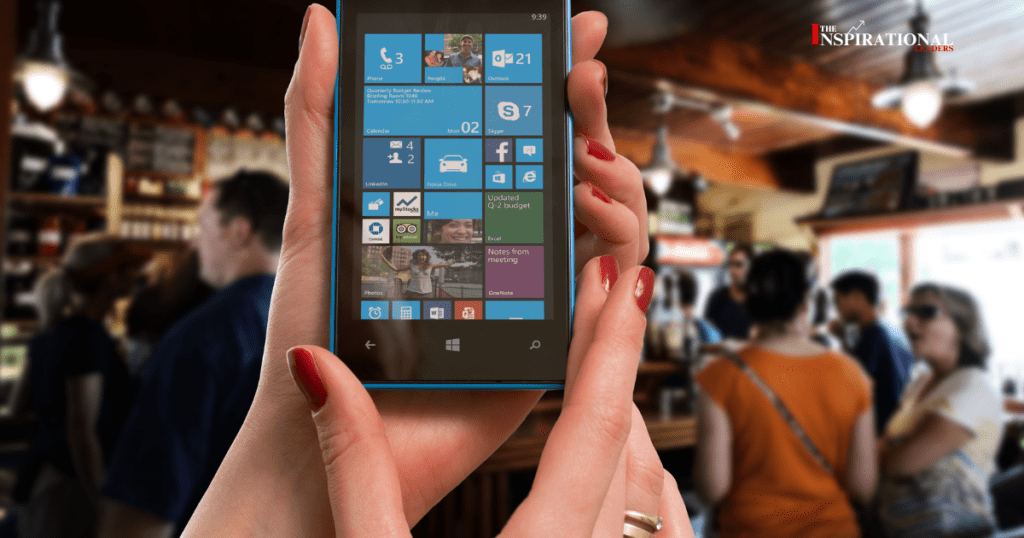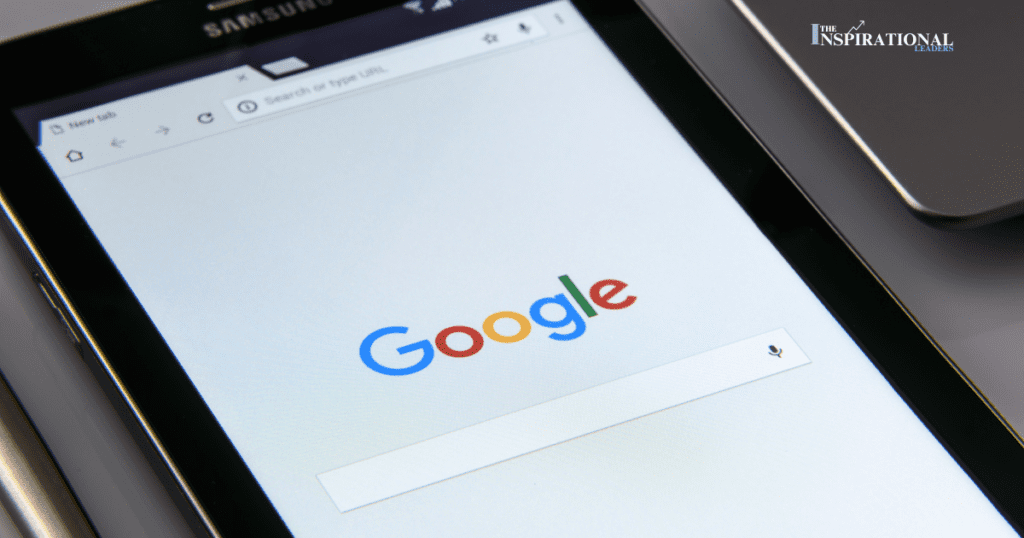
Microsoft co-founder In a candid conversation, Bill Gates shared a striking reflection on one of the most pivotal moments in his career: Microsoft’s failure to secure dominance in the smartphone market, ultimately losing out to Android. During a discussion with Eventbrite CEO Julia Hartz, Gates admitted that this misstep cost Microsoft a staggering $400 billion in potential revenue—an amount that underscores the transformative power and immense profitability of the smartphone industry.
Gates described the failure as “one of the greatest mistakes of all time” for the company. He attributed the loss to “mismanagement” during a critical moment when Microsoft had the opportunity to dominate the mobile market. According to Gates, had Microsoft acted decisively, it could have emerged as the primary competitor to Apple in the smartphone space. He went on to say, “It was a natural thing for Microsoft to win against Apple,” but poor execution ultimately led to Android’s dominance.
Android Co-Founder’s Response
Following Gates’ comments, Rich Miner, co-founder of Android, shared his perspective on the matter through a post on X (formerly Twitter). Miner’s response was candid, suggesting that Gates’ assessment of the situation underestimated his own role in Microsoft’s failure.
Miner revealed that Android’s inception was partially driven by a desire to prevent Microsoft from monopolizing the mobile market in the same way it had with personal computers. Android’s open-source approach stood in stark contrast to Microsoft’s more closed ecosystem, fostering innovation and enabling multiple manufacturers to adopt the platform freely. This openness not only empowered developers but also ensured that no single entity could dominate the mobile space, setting a precedent for a more competitive industry. In his post, he stated, “I literally helped create Android to prevent Microsoft from controlling the phone the way they did the PC—stifling innovation. So it’s always funny for me to hear Gates whine about losing mobile to Android.”
Miner also highlighted his early involvement in the mobile space, mentioning his work on the first Windows Mobile phone in 2002, the SPV, which he helped launch with Orange. Reflecting on his motivations, Miner explained that he envisioned a mobile ecosystem that was “more open” and less dominated by a single entity like Microsoft. He further added, “So, sorry Bill, you’re more responsible for losing the $400B than you realize.”
A Missed Opportunity
Gates’ acknowledgment of this strategic error underscores how pivotal the smartphone market has been in shaping the tech landscape, revolutionizing consumer technology through features like app ecosystems, instant connectivity, and the transformation of phones into essential multipurpose devices. From enabling mobile banking to reshaping social interactions, the rise of smartphones has profoundly influenced everyday life and business operations alike. Had Microsoft successfully capitalized on its position, it might have fundamentally altered the balance of power in the industry. Instead, Android emerged as the dominant platform, claiming the lion’s share of the global smartphone market and leaving Microsoft to focus on other ventures.
Miner’s remarks offer a fascinating glimpse into the motivations behind Android’s creation and serve as a reminder of how competition and innovation can prevent monopolies from stifling progress. While Gates laments the missed opportunity, Miner’s comments shed light on the broader impact of this “what if” moment in tech history. What might the tech world look like today if Microsoft had seized the smartphone market? Reflecting on such pivotal moments reminds us of the power of timing and innovation in shaping the future.
This exchange between two prominent figures in the industry highlights not only the financial implications of strategic decisions but also the ideological battle over the future of technology—a battle that Android ultimately won.


